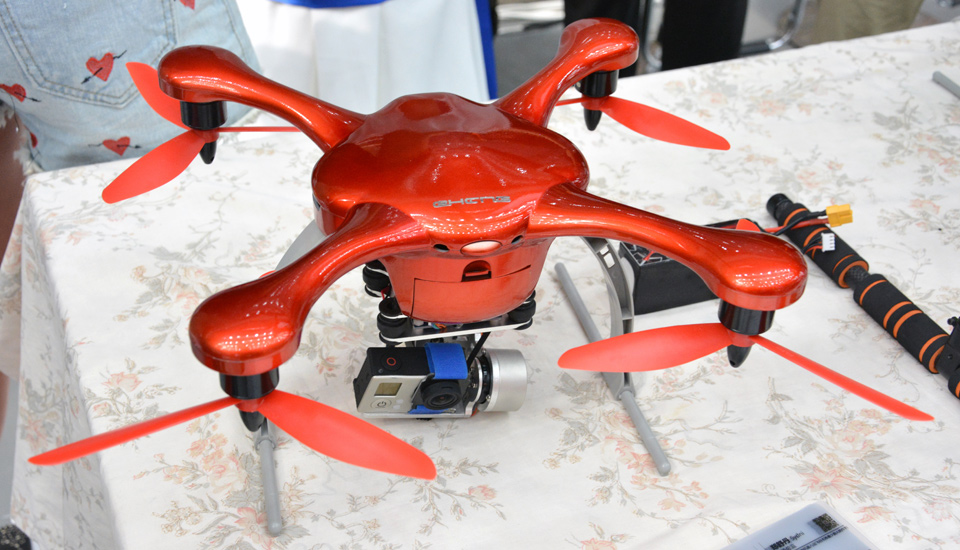
The key to road safety may lie in self-driving cars. That's the general conclusion of the National Highway Traffic Safety Administration's recently released policy report which urges states to draw up legislation that encourages testing of automated autos. Currently, only three states (i.e., California, Nevada and Florida) have enacted laws that permit companies like Google to operate these vehicles on public roadways. But the NHTSA hopes that with more state-backed adoption, advances in vehicle-to-vehicle communication and automatic braking can more quickly be refined, thus paving the way for industry standards and eventual commercial deployment.
The agency, an arm of the US Department of Transportation, is also conducting its own research into V2V systems and driver guidelines for self-driving cars; the first phase of which is set to play out over a four-year period. For now, though, it still has a few additional hurdles to overcome, namely consumer perception (the NHTSA estimates self-driving cars could reduce crashes by 80 percent) and possible WiFi interference from the whitespace spectrum freed up by the FCC. Though the NHTSA's sights are clearly set on an automated vehicle future, it's yet to determine whether or not inclusion and use of that tech will be mandated.
Filed under: Transportation, Google
Comments
Via: Bloomberg
Source: NHTSA
 Turns out we're way closer to our self-driving car future than most of us expected. US Department of Transportation Secretary Anthony Foxx announced at the Detroit Auto Show (pdf) Thursday that the Obama administration will have a national blueprint...
Turns out we're way closer to our self-driving car future than most of us expected. US Department of Transportation Secretary Anthony Foxx announced at the Detroit Auto Show (pdf) Thursday that the Obama administration will have a national blueprint...
 Turns out we're way closer to our self-driving car future than most of us expected. US Department of Transportation Secretary Anthony Foxx announced at the Detroit Auto Show (pdf) Thursday that the Obama administration will have a national blueprint...
Turns out we're way closer to our self-driving car future than most of us expected. US Department of Transportation Secretary Anthony Foxx announced at the Detroit Auto Show (pdf) Thursday that the Obama administration will have a national blueprint...
 If you fly a drone, the Department of Transportation's Federal Aviation Administration wants to know about it. The FAA's online drone-registration program goes live on December 21st, and anyone who's ever operated an aircraft between the weights of ....
If you fly a drone, the Department of Transportation's Federal Aviation Administration wants to know about it. The FAA's online drone-registration program goes live on December 21st, and anyone who's ever operated an aircraft between the weights of ....
 If you get a new drone this holiday season, you might have to register it with the US government. According to a report from NBC News, the US is ready to announce new requirements for consumers purchasing drones, the most notable of which is that y...
If you get a new drone this holiday season, you might have to register it with the US government. According to a report from NBC News, the US is ready to announce new requirements for consumers purchasing drones, the most notable of which is that y...





